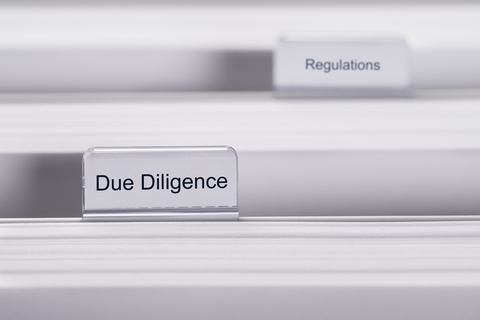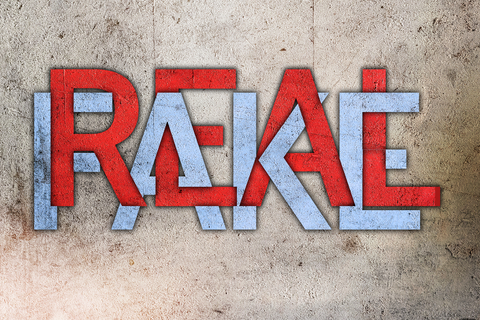Top myths about due diligence background investigations
When it comes to investments, mergers and acquisitions, and other business ventures, it’s crucial to make informed decisions–before completing the deal. Due diligence background investigations are a powerful tool for mitigating risk and gaining valuable insights into individuals and companies, but many people have misconceptions about them and how they work.
Here are some of the biggest myths about due diligence background investigations:
Myth #1: A Quick Online Search Is Enough
With so much information available online, it’s tempting to think a few simple Google searches can reveal what you need to know. But online information has its limitations such as missing and incomplete records and data that’s hidden from search engines. Professional investigators use multiple sources–both free and fee-based–and we’re skilled at finding and using the most reliable information. Also, due diligence involves more than just searching. There’s lots of analysis, including making connections, identifying gaps, and knowing what’s important to our clients.
Myth #2: Background Checks Are a One-Size-Fits-All Solution
There’s no magic formula for a due diligence background check. The scope of an investigation should be tailored to your specific needs and level of risk. Gathering names involves a lot less risk than being on the verge of handing over a large sum of money. A professional due diligence investigator will work with you to understand your unique situation and create a customized approach that addresses your concerns.
Myth #3: A Clean Background Check Guarantees Success
A clear background check is certainly a positive sign, but it’s not a guarantee of future performance or trustworthiness. The information gathered should be considered within the broader context of the situation. Look for red flags or inconsistencies that might warrant further investigation. Monitor for changes and conduct regular updates, because things can change. And remember that due diligence is about risk assessment, not absolute certainty.
Myth #4: Background Checks Are Invasive and Unethical
With due diligence, subjects are often aware of the investigation and may even sign an authorization form. Professional investigators know what’s allowed and what’s not and work within a legal framework. We adhere to strict ethical guidelines, only collect information relevant to the specific purpose of the investigation, and destroy personal and private information after the investigation.
Myth #5: Background Checks Are Too Expensive
While there’s an initial cost associated with due diligence investigations, the potential cost of not conducting a thorough check can be far greater. Investing in the wrong people and companies can lead to financial losses, productivity issues, reputational damage, or even legal trouble. A well-designed background investigation can help minimize risk and avoid these costly pitfalls.
Don’t let these myths get in the way of conducting a thorough due diligence investigation. Make decisions based on information from comprehensive data sources, and use a customized approach that allows you to make decisions with confidence. Look at the results within the context of your needs, and be sure your processes follow strict ethical and legal standards. Don’t compromise when it comes to managing business risk.
If you’d like to learn more about due diligence background investigations, check out my course with PI Education, Due Diligence for Investigators. Also, Hal Humphreys and I discuss due diligence in this episode of The Sound of Pursuit Podcast.




Outstanding article !!
Thank you!